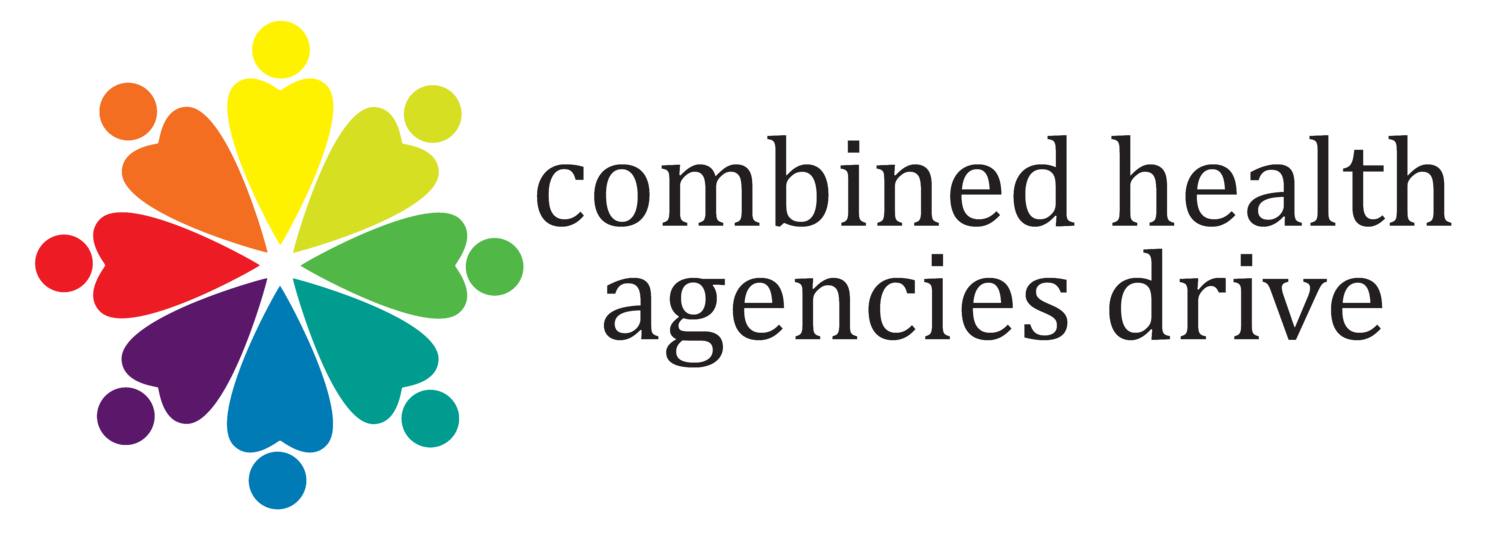Through heightened awareness, early detection through screening, improved treatment methods and increased access to breast health services, people have a greater chance of surviving breast cancer than ever before, according to Susan G. Komen Great Plains. In fact, better detection through screenings and better treatment options have reduced the mortality from breast cancer in the United States 39 percent from 1989 through 2015, said Karen Daneu, Chief Executive Officer, Komen Great Plains.
Nebraska AIDS Project Offers Testing to Nebraskans
Nebraska AIDS Project (NAP) offers free HIV testing at its offices in Lincoln, Omaha and Kearney; in its Scottsbluff and Norfolk offices, testing is referred out to hospitals. Chlamydia and gonorrhea testing is also available as a $10 service. “Testing is super important because not everybody thinks about HIV as a thing anymore. In Omaha, there are high chlamydia and gonorrhea rates. Lancaster County is experiencing a very, very high chlamydia rate, especially with those who are under 24,” said Lacie Tewes, Prevention & Support Services Supervisor, Nebraska AIDS Project.
Care Centers Treat, Advise Patients
Navigating a chronic disease, especially a rare one, can be difficult, as there are often many choices that must be made when it comes to treatments, therapy options, medical guidance, education and more. But thanks to funding provided by Community Health Charities of Nebraska (CHC-NE) donors, families can receive crucial support from a care center that specifically works with their condition, giving them access to support in a variety of areas and helping them make decisions.
How To: Keep Kids with T1D Safe at School
The first day of a new school year is always an exciting time – returning friends, new teachers and back-to-school shopping! But along with the excitement, feelings of stress and apprehension also creep in. This is especially true for parents and caregivers of children living with type 1 diabetes (T1D) as they prepare for another school year.
